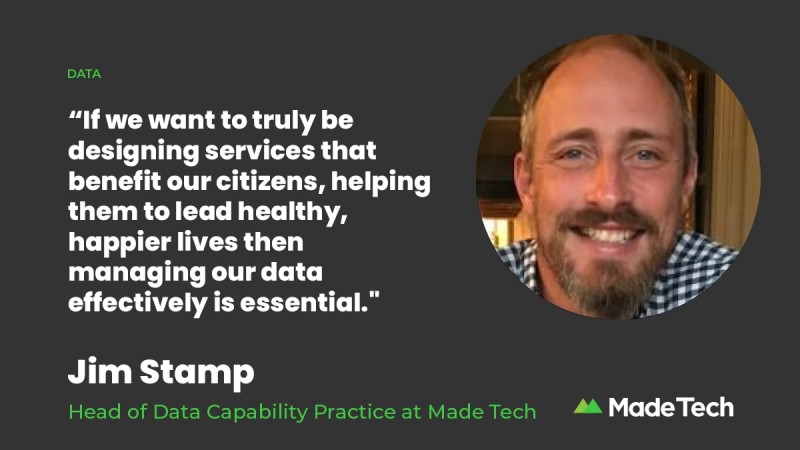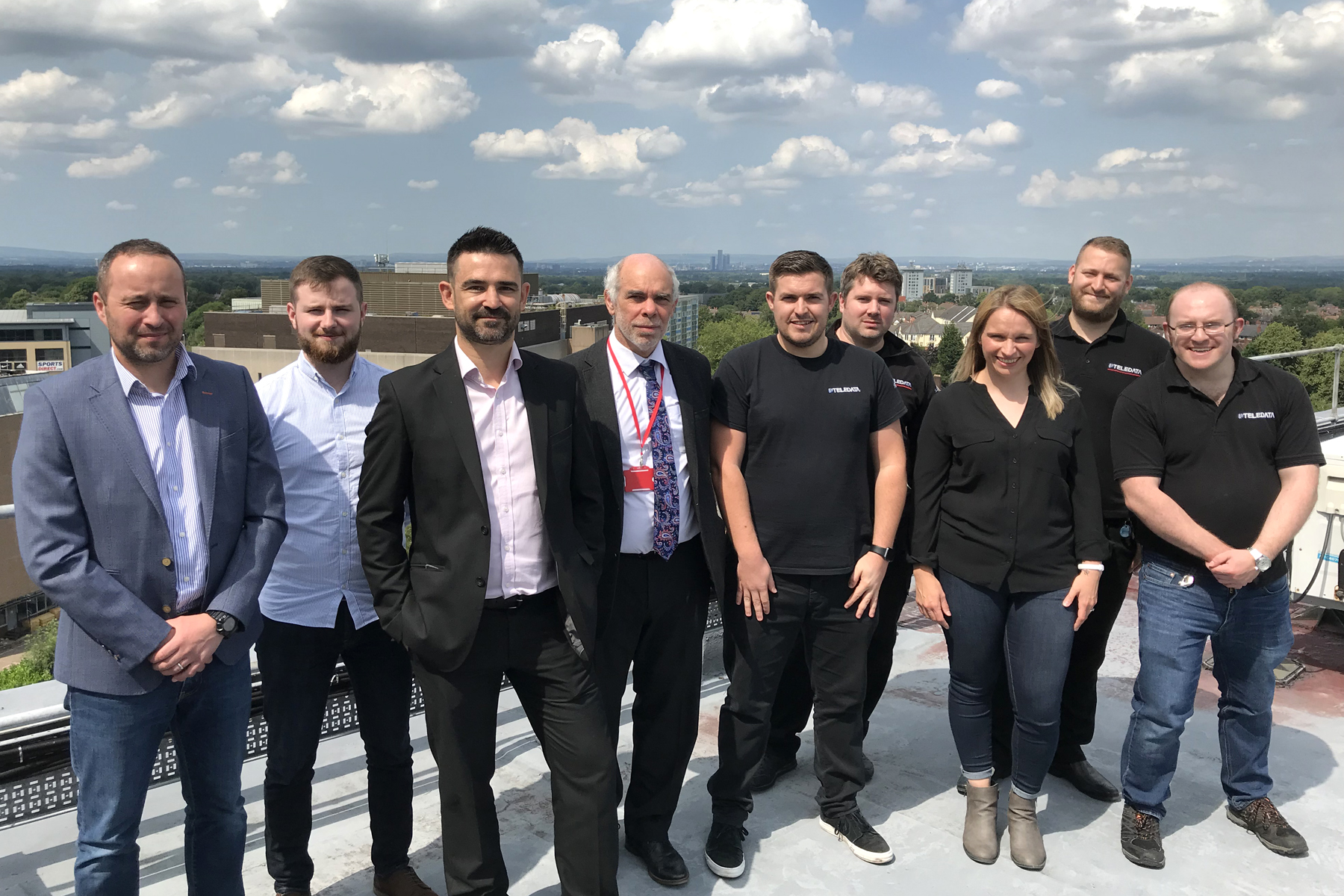
Before starting data projects, it’s important for public sector teams to make sure they have the right technical, operational and cultural foundations. In this post I’d like to share what these foundations are, why they matter and how to get them right. If you work in and around data, you probably know a lot of this. But if you work in the public sector digital space and you’re hoping to make better use of your data, this is hopefully of some use!
Focus on what people need
We talk a lot about user values in digital transformation, and working with data is no different. Across the public sector a lot of expensive data platforms were created often with a ‘build it and they will come’ mentality. The problem with that is that it ignores what people really need, and as a result those platforms are deemed failures.
Now we build data platforms with the same techniques we use when creating anything digital. By fixing problems that people actually have you make data platforms sticky and more likely to have an organisational change. To do this means lots of testing to make sure we’re really targeting those needs. Focus on what you can fix, make people’s lives easier.
Balance research with delivery
Finding balance is critical for both the creation of a data platform but also the use of a data platform. The data space moves fast, and it’s worth remembering that what you’re building will only last so long. This means you have to balance this new-thing-versus-old-thing mentality, but equally you don’t want to just keep adding new tools to the kit. Do research for as long as you need to really deliver value for the people you’re designing for. Creating space for innovation is crucial, but do not underestimate new tech fatigue.
Create a shared language
One significant blocker to the adoption of data-driven practices is a lack of a common language. It’s too easy for one term to have two, three or even four meanings within an organisation. Moving to a domain-driven, product view of data can help with this. We’ve found domain-driven development as a great starting point. It’s an idea that allows you to view your organisation as a set of bounded domains, and identify the root of terms and their meaning. This allowed us to create an organisational/data model to clarify meanings and facilitate better conversations between teams.
Once you really understand your organisation in this way you can start building a common vocabulary, using words like ‘resident’, ‘repairs’ that are understood by all. It’s important to work in this way as common terms we use everyday can mean different things. For example, a user could mean a resident or staff member.
Don’t get hung up on technology, it’s all about culture
The reason that data platforms fail isn’t usually due to the technology – it’s often because of the culture behind it. Ownership is hard to get right if you expect your analyst to own all things data. It needs to be the service areas that own data from both a legal and GDPR point of view. And just because it’s being copied into a data platform doesn’t mean they stop owning it, and doesn’t mean they should stop taking pride in it.
There’s a cultural aspect of making sure you train all your people to be data literate.
Data literacy can take different shapes but you’re never going to become a data-mature organisation if you haven’t been through a cultural shift.
Architect your tech to be replaced
Creating technology to be replaced is really hard to do in the digital and data space. There are foundational pieces that you should put in place that won’t change. But equally try to use open tech as much as you can.
There’s a cost with open source frameworks. They’re free to use but they can be expensive to maintain. But by using open technology you can take your data and shift it from one system to another without having to rewrite everything.
Don’t centralise your governance
You can replace the word governance with many different terms here, but I chose governance because it covers a lot of things. The days of having a governance committee that reviews all things data feels opposite to what we’ve done within the digital sector.
Rather than saying this data should have all this information in it, you should be saying how you’re providing this data. This decentralisation is so the team that generates the data owns data standardisation too. How you measure quality should be agreed and it should be up to each team to own their data and governance.
Build your data like you build other products
You would never build an API internally or externally and randomly change numbers. You wouldn’t remove a field or fundamentally change it. Instead we label with version numbers or provide users with an upgrade.
Often we find data is collected and stored from points within a system that aren’t really designed, so the points that you tap into when you’re collecting or summarising data often aren’t designed to be used in the same way. This comes back to making sure the team that generates the data owns the data. They need to maintain and care about it otherwise people won’t use it and it will cost the organisation time, money and effort.
The ethics of personal data
It may feel like, when you know the name of a person, you can do a lot more with their data. Actually there’s very little more you can do if you collect their name. You might need to know roughly where they live or most of their postcode but you probably don’t need to know their name.
As data platforms become more mature and people start using machine learning, ethics become really important because you’re making decisions about people. If you know who those people are and you know protected characteristics like their ethnicity, you can inadvertently make skewed decisions based on data that you shouldn’t be making.
There’s an ethical thread that runs through this. Public sector organisations need to be transparent and fair and create services based upon resident needs.
The future of government and data
Data is a hot topic right now, across both the private and public sector. And although all the foundations I’ve mentioned come from a technology point of view, they’re particularly applicable to the pockets of legacy facing portals within our public services. If we want to design services that truly benefit our citizens, helping them to lead healthy, happier lives then managing our data effectively is essential.
If you’re interested in discussing how you can make better use of your data, please get in touch via our website. Or if you’d like to hear more, you can watch a talk I gave on this topic on the GovX show.









